Post-Election Analysis: Trump’s Tax Plans and Economic Impact
Join hosts Kyle Hulehan and Erica York in this episode of The Deduction as they break down the US tax policy implications of Donald Trump’s next presidential term.

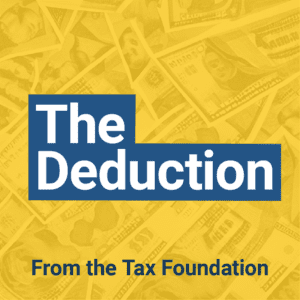
Welcome to The Deduction, a Tax Foundation podcast and your guide to the complicated world of tax and economics.
From the impacts of tariffs and trade wars to debates over who pays and how much, each episode, our experts untangle another aspect of the tax code.
Apple Podcasts Google Podcasts Spotify
Castbox Stitcher Amazon Music RSS Feed
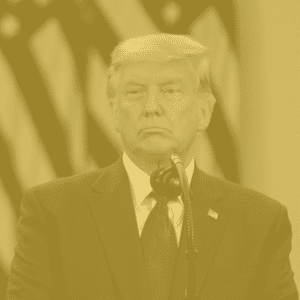
Join hosts Kyle Hulehan and Erica York in this episode of The Deduction as they break down the US tax policy implications of Donald Trump’s next presidential term.
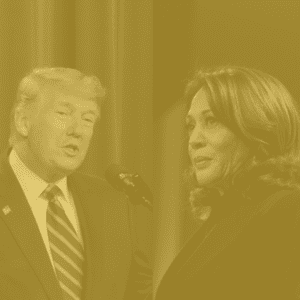
Neither presidential candidate has a perfect tax plan. But what changes could Trump and Harris make to their respective tax plans to better serve American workers and the economy? In this episode, we dissect their plans and provide practical solutions for improvement.
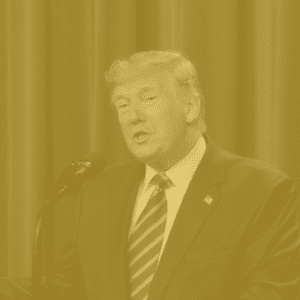
While tax policy was almost nonexistent in the first debate between Vice President Kamala Harris and former President Donald Trump, this episode will explore each candidate’s latest proposals in greater depth.

Tariffs are a hot topic this election cycle for both President Biden and former President Trump. But why are tariffs so popular despite their economic downsides?

Financial literacy is a problem that educators around the country are trying to tackle. Today, we’re speaking with Jed Collins, a former NFL player, who is leading the charge in the financial education arena by guiding high school and college students, as well as professional athletes, through the world of finance.
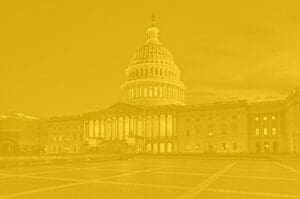
One year after its enactment, there are concerns about the Inflation Reduction Acts overall fiscal impact, the additional complexity it introduces to the tax system, and the sustainability of its initiatives.

Marijuana, betting, soda, ride-sharing—over the last decade, the excise tax family has grown significantly and it’s more crucial than ever that lawmakers, businesses, and consumers understand the possibilities and, more importantly, limitations of excise tax application.

R&D is more important than ever as pharmaceutical companies and governments around the world invest in coronavirus research and supply chains. But are the policies currently on the books—the R&D credit and immediate deduction for R&D expenses—the best way to encourage innovation?
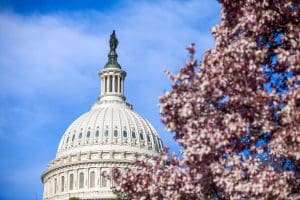
Tax Foundation President Scott Hodge interviews Ken Kies, former Chief of Staff for the Joint Committee on Taxation (JCT) from 1995 to 1998.

Depending on your perspective, tariffs are either a great way to tax countries like China for their protectionist trade policies or they are a big reason why all those imported toys, clothing and holiday gifts cost more than you expected. You’ll learn what tariffs are, how they function, and how they can impact the domestic U.S. economy.
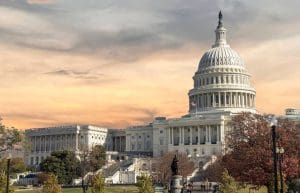
Rohit Kumar, principal and leader of PwC’s Washington National Tax Services Tax Policy Services group in Washington, D.C., joins Tax Foundation President Scott Hodge to discuss the congressional budget reconciliation process: what it is, how it works, and the role that politics will play in it for the 117th Congress as well as President Biden’s policy agenda.

Over the last several years, policymakers in countries around the world have groped for new ways to tax e-commerce, social media, cloud-based, and other online businesses, in some cases stoking major international trade disputes in the process. In this episode of The Deduction, we explore the “digital services tax” (DST), one new and increasingly popular policy designed to address the digital economy.

What is driving the downward trend in corporate tax rates and will it continue? Is it truly a race to the bottom? Why do corporate tax rates matter in the first place? How does the U.S. rate compare and could that change in the coming years?

We sat down with the owners of Black Narrows Brewing Company, a family-owned craft brewery situated in a small island-town on Virginia’s scenic Eastern Shore, to discuss the challenges they face as a small business during COVID-19 and what they would like to see legislators do to reduce short- and long-term barriers for entrepreneurs.
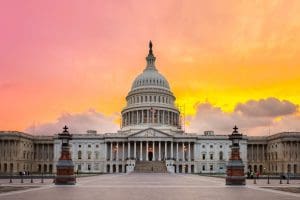
What do election results mean for the future of the federal tax code? What role will tax policy play in curbing the economic effects of the COVID-19 pandemic? How should policymakers address the federal deficit and could a carbon tax be part of that solution? How much of President-elect Joe Biden’s pre-election tax plan will actually come to pass?
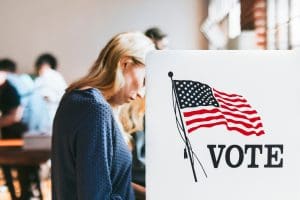
They may not draw as much attention as elections for office, but Election Day 2020 will also feature a number of important votes on tax-related ballot initiatives in states around the country. What are the ballot measures taxpayers should be paying attention to this year and what could they mean for the future of state tax policy? Tax Foundation Vice President of State Projects Jared Walczak and Senior Policy Analyst Katherine Loughead break down measures ranging from recreational marijuana legalization in New Jersey and Montana to income tax increases in Illinois and Arizona.

What can the U.S. do to raise the revenue needed for infrastructure upkeep and accurately internalize the costs associated with road usage?
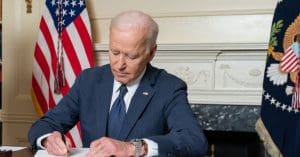
Depending on the outcome of the 2020 presidential election, we could be looking at a very different tax code in the years to come. What tax changes has former Vice President Joe Biden proposed and what would they mean for U.S. taxpayers, businesses, and the overall economy?